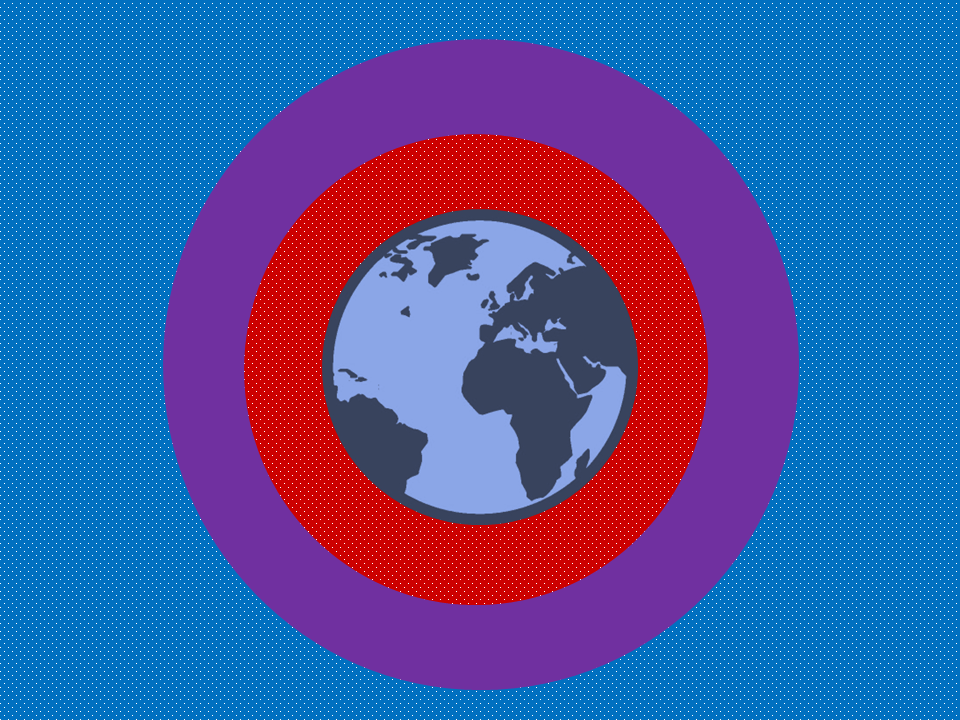Pick Up
695. Global Risks Report 2023

The World Economic Forum's (WEF) annual Global Risks Report, released in January, is a remarkable look at global issues from the perspectives of world leaders.
The Global Risks Report 2020, released two years ago as the new coronavirus was spreading from China to the rest of the world, identified environmental and climate change risks as the top five global risks for the next decade. In the 2021 report, after a year of pandemic, infectious diseases rank as the risk with the greatest impact. The 2022 report showed that social and environmental risks worsened since the start of the pandemic, with "weakening of social cohesion" and "crisis in livelihoods" among the top concerns.
The Global Risks Report 2023 was released on January 11. The report states that the 2020s, which opened with a new normal era following the COVID-19 crisis, is facing old and new types of environmental and social risks, coupled with a cascade of food and energy crises due to the outbreak of war in Ukraine. Old types of risks include those we have already experienced in the past, such as inflation, cost-of-living crises, trade wars, capital outflows from emerging markets, widespread social unrest, geopolitical confrontation, and the specter of nuclear war. New risks, on the other hand, included unsustainable debt levels, low growth, low global investment and de-globalization, decline in human development after decades of progress, rapid and unconstrained development of dual-use military and civilian technologies, amplified climate change impact, and shrinking window for transition to a 1.5°C world.
The most severe risk in the short term over the next two years is the rising cost-of-living crisis, followed by natural disasters and extreme weather events, and geopolitical and economic conflicts. Cybercrime issues and large-scale involuntary migration are new to the list for both the two-year and ten-year spans.
The report noted that concurrent shocks, deeply interconnected risks, and weakened resilience could accelerate the risk of polycrisis ー a case in which the impact of individual crises is amplified by their interaction and exceeds the sum of of each part. Weakening geopolitical cooperation can have a ripple effect on the global distribution of risks in the medium term, causing compound crises over the supply and demand of natural resources and the interaction of environmental, geopolitical, and socioeconomic risks. Shortages of food, water, metals, and minerals can cause human and ecological crises, including wars and famine over water, exploitation of ecosystems, and delays in climate change mitigation and adaptation. At the same time, there are tradeoffs for governments to simultaneously address social, environmental, and security concerns amid a worsening economic outlook. Given the uncertainties regarding the interrelationships of global risks, the report posited that attempts to predict the future can minimize the scale and scope of damage before a crisis actually occurs, and raised the need for investments with co-benefits that can anticipate a variety of crises and respond to multiple risks.
Reference
The World Economic Forum. The Global Risks Report 2023, 18th Edition. https://www3.weforum.org/docs/WEF_Global_Risks_Report_2023.pdf
Contributor: IIYAMA Miyuki (Information Program)
